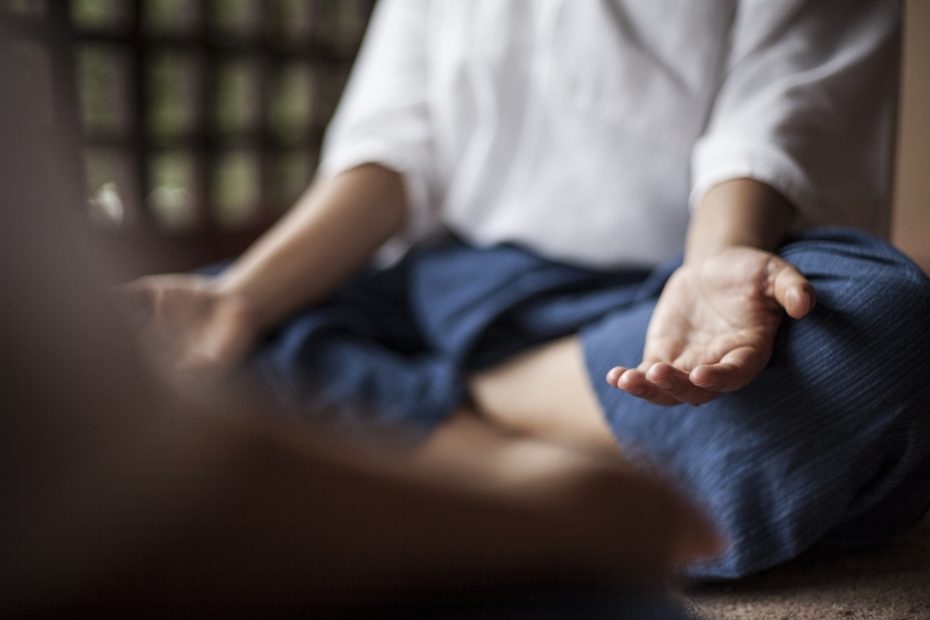
Just breathe!
Breathing along with the beat of one’s heart is an essential, natural phenomenon. It is miraculously and divinely hard-wired within the brainstem at the base of the brain. It is consistent with life from the moment of birth, as evidenced by an amazing deep inhalation followed by a blessedly loud, responsive exhaling cry that celebrates a new beginning. Humankind’s breathing continues, thanks to physiological, regulatory processes throughout life until the moment of death, when one’s last breath is exhaled and the body becomes silently at peace.
Breathe Impacts Physical, Emotional Responses
Throughout the course of our lives, we have tremendous control over the rate, intensity and rhythm of our breathing. All this can impact our physical and emotional response to life’s joys and challenges. As a former emergency room nurse, the phrase “please take in a long, deep breath and let it out slowly” was an intentional, gentle request given to many who entered our doors. Given difficult and stressful situations, becoming mindful to fully focus on slowing the rate and pattern of one’s breathing is an extremely difficult task that impacts one’s overall health.
In a New York Times column, Lesley Alderman recognized: "Studies have found, for example, that breathing practices can help reduce symptoms associated with anxiety, insomnia, post-traumatic stress disorder, depression and attention deficit disorder. ... One theory is that controlled breathing can change the response of the body’s autonomic nervous system, which controls unconscious processes such as heart rate and digestion as well as the body’s stress response, says Dr. Richard Brown, an associate clinical professor of psychiatry at Columbia University and co-author of 'The Healing Power of the Breath.'"
Breathing as Spiritual Practice
Breathing becomes a spiritual practice when a person chooses to make time each day to open their soul to life’s divine, wondrous presence. Choosing a quiet place and a comfortable sitting or lying position is the first step. Initially, one might find it helpful to set a timer for five, 10 or 20 minutes. Again, be kind and patient with yourself. Beginning this practice is very difficult. Some find it easier to explore musical relaxation tapes, while others prefer quiet.
I began this practice in 1998 after being diagnosed with breast cancer, followed by surgery and chemotherapy. It was very difficult to learn how to develop a focused mindful intention to concentrate only one’s breath, gently flowing in — as my abdomen expanded, then gently released and the air flowed out my nose.
Give Yourself the Gift of Time
There are two difficult challenges with beginning and maintaining this breathing meditation. The first is the concentration involved in making an intentional effort to acknowledge the brain’s chatter and then quietly let it pass while maintaining a consistent breathing pattern. Secondly, given life’s responsibilities and schedules, it takes a tremendous commitment to gift yourself 20 minutes each day to meditate. There are many times that I fall short and must re-establish my routine.
I have done this for so many years that my body senses when my 20 minutes are complete, so it is no longer necessary to set a timer. I find that when I consistently maintain this practice, I feel better, am more relaxed and more balanced facing daily activities. Most importantly, my life has a deeper sense of joy and peace.
There are a wide variety of spiritual practices one can explore. Please join with us as we celebrate an abundance of spiritual practices on our journey through this season from Epiphany through Lent.

